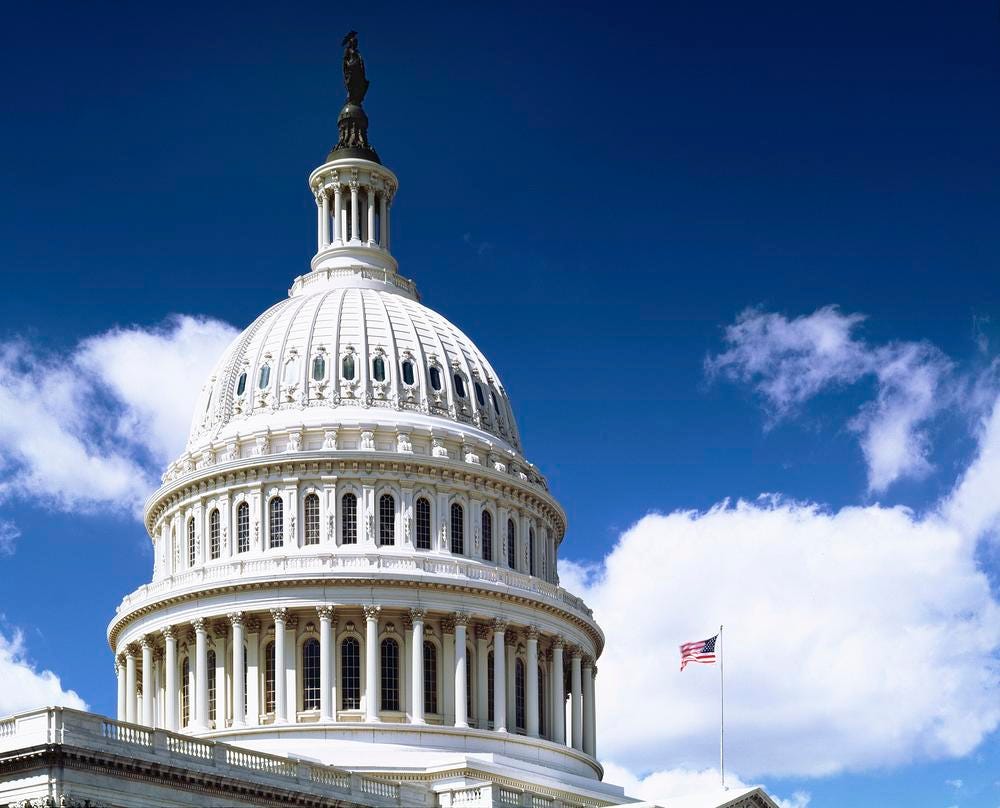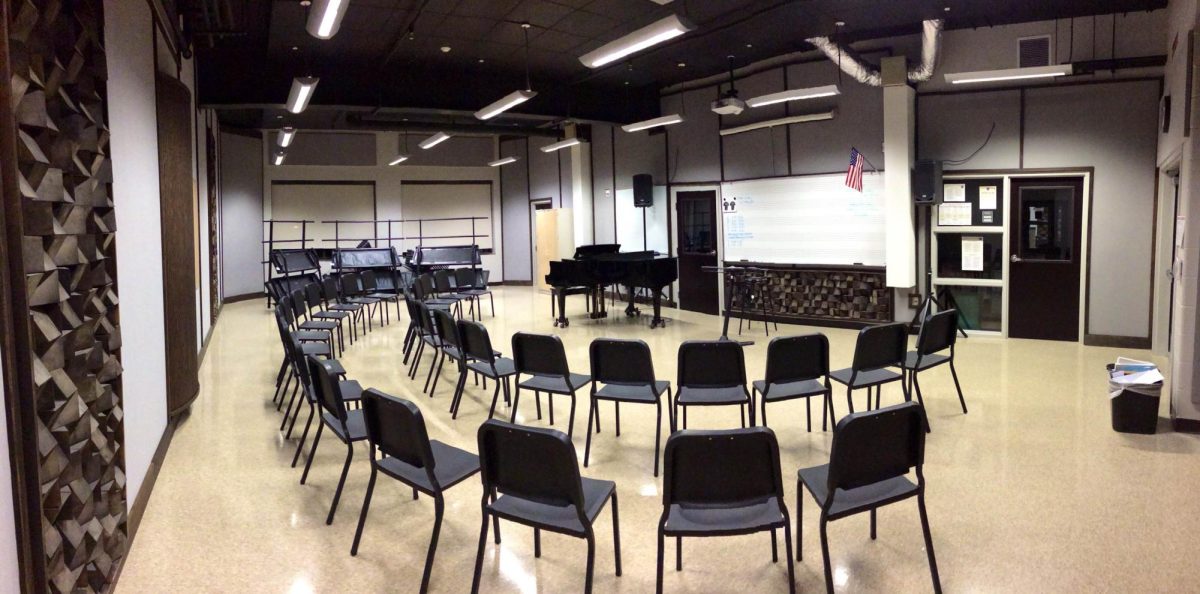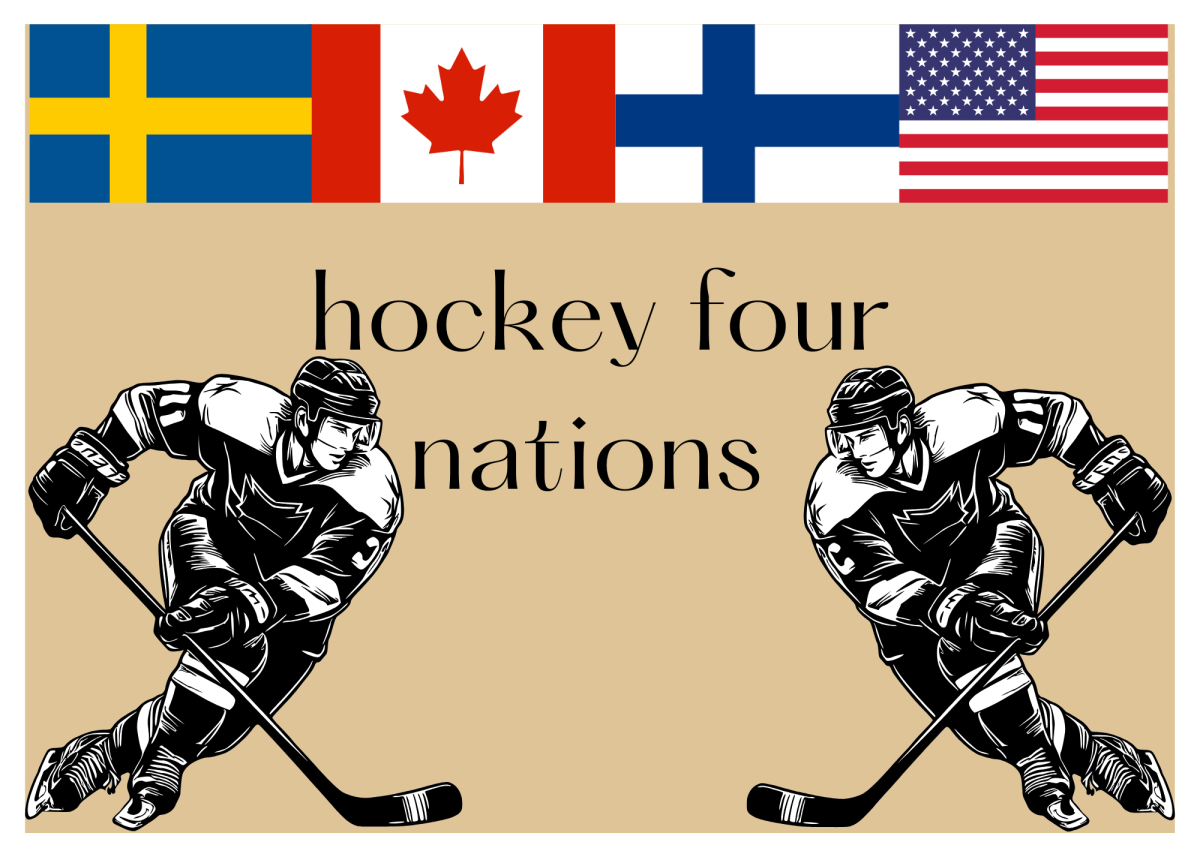American democracy, once considered to be a shining beacon upon a hill, now lags behind the political systems found in much of the democratic west. From Canada to Sweden and from Sweden to Australia, these are the new promised lands for liberty and democracy. That American beacon was never bright in its own right, but by comparison to the general tyranny of every other country.
We have never been a very successful democracy; from our very conception the system was designed to give power to the several states in our hegemony and not to the people. The people could vote in some things, but even then, the romantic idea of “the people” only meant white male property owners ages 21 and older. That was about 10% to 20% of the early American population. In some places it was even less with restrictions on the abilities of Catholics, Quakers and Jews to vote. In the first executive election our beloved George Washington was elected by only 7% of the country, black men could not vote until 1870, senators were not directly elected until 1913, and women could not vote until 1920. The latter two developments happening in the lifetime of Edie Ceccarelli, the oldest American currently living.
Even these important developments in the history of American democracy, while not to be taken for granted, are the bare minimum for a free country. For a democratic nation to truly prosper, it takes more than the bare minimum.
Democratic values are attacked at every turn. Gerrymandering, the electoral college, plurality voting, the two-party system, and more put-up resistance to the principles of democracy by devaluing one’s vote and perpetuating the power of the political elite. Solutions to issues like these, that are less obvious than the right to vote, are necessary to improve our democratic system.
Gerrymandering involves drawing voting districts to favor one political party over the other. A majority Republican area can be won by the Democrats by grouping areas together in a way which manipulates our winner-takes-all system into effectively disenfranchising the voters and handing the votes over to the democratic candidates. This leads to uncompetitive elections where a candidate is elected as a matter of routine as opposed to the result of a democratic process. This is similar to the one-party systems of Soviet Russia, China and North Korea. It leads to states like Tennessee having complete one-party control for 13 years. This can be solved by implementing independent redistricting committees with no partisan control or legislative influence. Districting maps would be more concerned with having a near equal population size in each district and less with what communities can be inventively disenfranchised.
The electoral college bases presidential elections on the number of points gained from the majority vote in each state as opposed to electing someone the majority of Americans want to represent them. It devalues the votes of citizens in more populous states while giving disproportionate power to swing states. It does not matter if a Republican wins Tennessee by 2 million votes or two votes; he wins 11 electoral points. However, in states like Florida, it is of much more consequence just because the state happens to be more divided along partisan lines. Abolishing the electoral college in favor of a proportional popular vote system would give a voice to every American of every statal jurisdiction. This would no longer allow for situations like 2016 where Hillary Clinton lost the election even though she won the most votes, or 2000 where George Bush’s victory came down to 537 Floridian votes. Instead of in cases like Nevada in 2016, where Clinton won six electoral points despite receiving 2% fewer votes than Donald Trump, the 47 % in favor of Trump would count towards the victory just as much as the 45 % in favor of Clinton. Complete manumission from this flavor of anti-democratic philosophy would be the absolute abolition of the winner-takes-all practice. The 51 % would no longer rule the 49 %, both their respective votes would count towards their representation in statal and national legislative assemblies.
Plurality voting is the idea that one can vote for one single candidate and whoever has the most votes wins. This pigeonholes the voter and is a contributing factor to our despicable party system. In ranked choice voting, you rank the candidates in order of preference. If there is no individual with a majority in the first round, then the candidate with the least first preference votes is eliminated. All voters who marked that candidate as their first preference then have their vote count towards their second preference. This process repeats until a majority is won; in approval voting you vote for as many candidates as you want and whoever has the majority of votes wins. In both these alternative systems, which are two of many, the voter is able to express the entirety of their opinion allowing for a fairer democracy.
The two-party system duopoly is a symptom of all formerly listed problems and is among the most despicable. In the United States, we have a national legislature dominated by two parties who only represent the American center-right. Two parties which both embody various degrees of the same basic political tenants, liberal political philosophy, capitalist economic policy, interventionalist foreign policy and analogous mishandlings of American institutions all the while espousing decrying their opponents as the root of Americas issues. In the German Bundestag, the German equivalent to a House of Representatives, there is no single party with a majority. The Social Democratic Party (SDP), Greens and Free Democratic Party (FDP) work together in a coalition against the narrow minority coalition of seven other entities including parties, associations and independents. These ten parties and groups represent a wide political spectrum from the center left SDP, center right Christian Democratic Union to the truly left-wing FDP and solidly right-wing Alternative for Germany. It is clear that a system which allows a multitude of parties to thrive is one which is most conducive to the democratic process.
An America which addresses these issues would be an America on its way to restoring itself to the prior position as a leader in democracy and freedom in the world. A country which possesses a fair and effective means of inciting change is one which prepares itself to address every other major issue affecting it, and it is with solutions like these that we will be destined for greatness.















